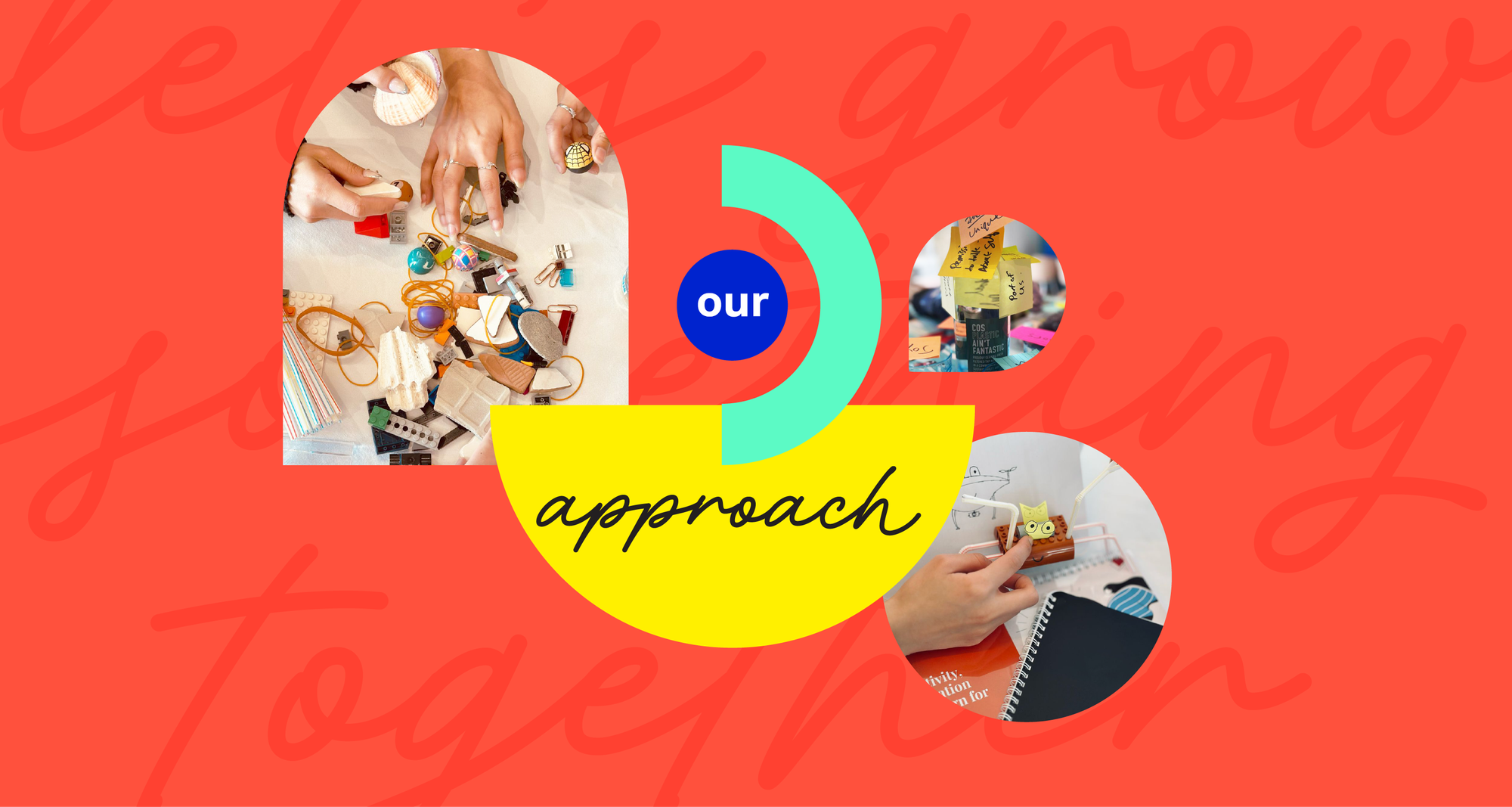
Our approach to designing programs, curricula, workshops and any other kind of learning experience is guided by a core set of principles that we embed in everything we do. These principles ensure we deliver the highest value to everyone involved in our programs!
Bon Education's 14 Essential Principles for Effective Program Development
Principle 1: SAFE
If you don't feel safe, you can't learn. This applies to physical safety, but also social, psychological and emotional safety. All our programs and programming must put holistic safety first.
Principle 2: FUN
If it's not fun, no one will come. There are many things competing for our attention these days. Our programs must be fun and enjoyable.
Principle 3: SOCIAL
People learn better with other people. We're social constructivists at heart. We believe that people learn best through interaction with other people. Our programs must be social.
Principle 4: PRACTICAL
Sure, some theory is good. But participants must walk away with something practical that they can use and apply in their daily lives. Abstract learning is not effective.
Principle 5: REAL-WORLD
It's a big world out there and we want to connect our participants and beneficiaries to that world in real and meaningful ways. Real-world learning is fun, exciting and authentic, resulting in better outcomes.
Principle 6: RELEVANT
All program materials must be relevant to the participants and attuned to their life stage, education stage and areas of interest. The language of every program must speak to and meet the participants where they are.
Principle 7: CHALLENGE-BASED
Challenges are motivating. We use challenge-based learning in much of our programming with elements of gamification.
Principle 8: PROJECT-BASED
We want participants to construct something that they can look at and evaluate. We want them to walk away with something of value that they made.
Principle 9: HANDS-ON
Participants should be given the opportunity to try things out for themselves through hands-on activities.
Principle 10: CONTEXTUAL
Programs are contextualized within society, not airlifted and dropped in from other countries. Program managers must have local, community-level knowledge to effectively develop and implement programs.
Principle 11: RESPECTFUL
We believe respect is one of the most important ingredients required to build harmonious and prosperous societies. We must respect our participants, stakeholders and clients at all times.
Principle 12: TRANSPARENT
Transparency goes hand-in-hand with respect. No hidden agenda. We must be transparent and honest with our participants, beneficiaries and stakeholders about the programs we run and what we are trying to achieve.
Principle 13: EFFECTIVE
Programs must achieve the results they set out to achieve. These results must be carefully measured for future improvements.
Principle 14: KAIZEN
We like to borrow the word kaizen from the the Toyota Way. We must continually improve, learn and grow through honest reflection, agility and willingness to change.

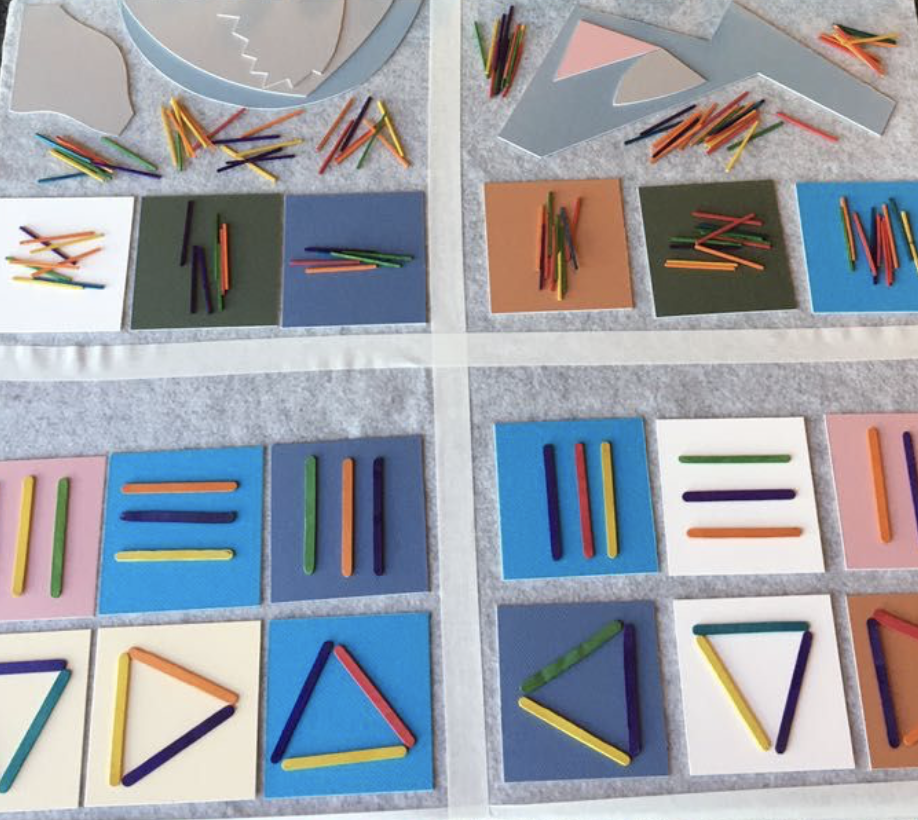
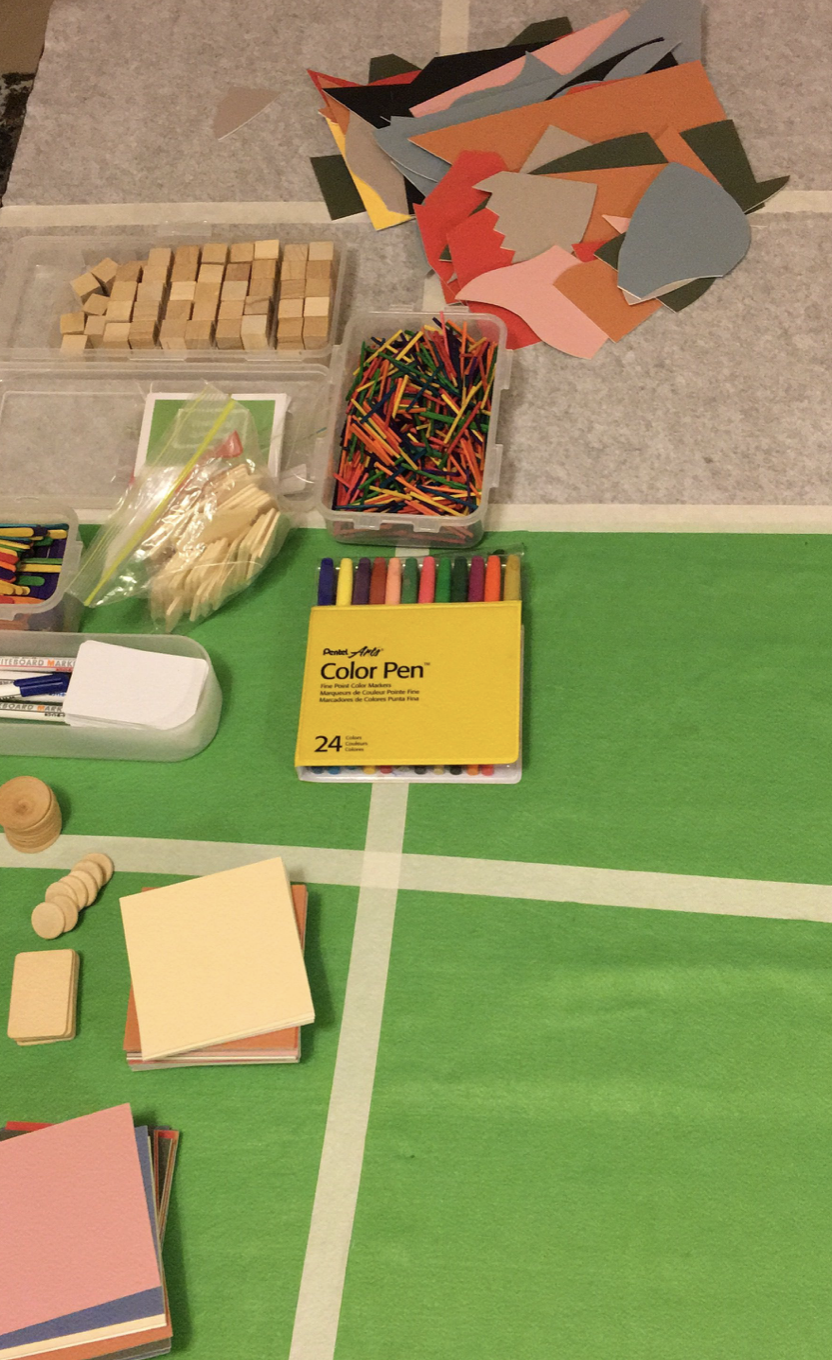
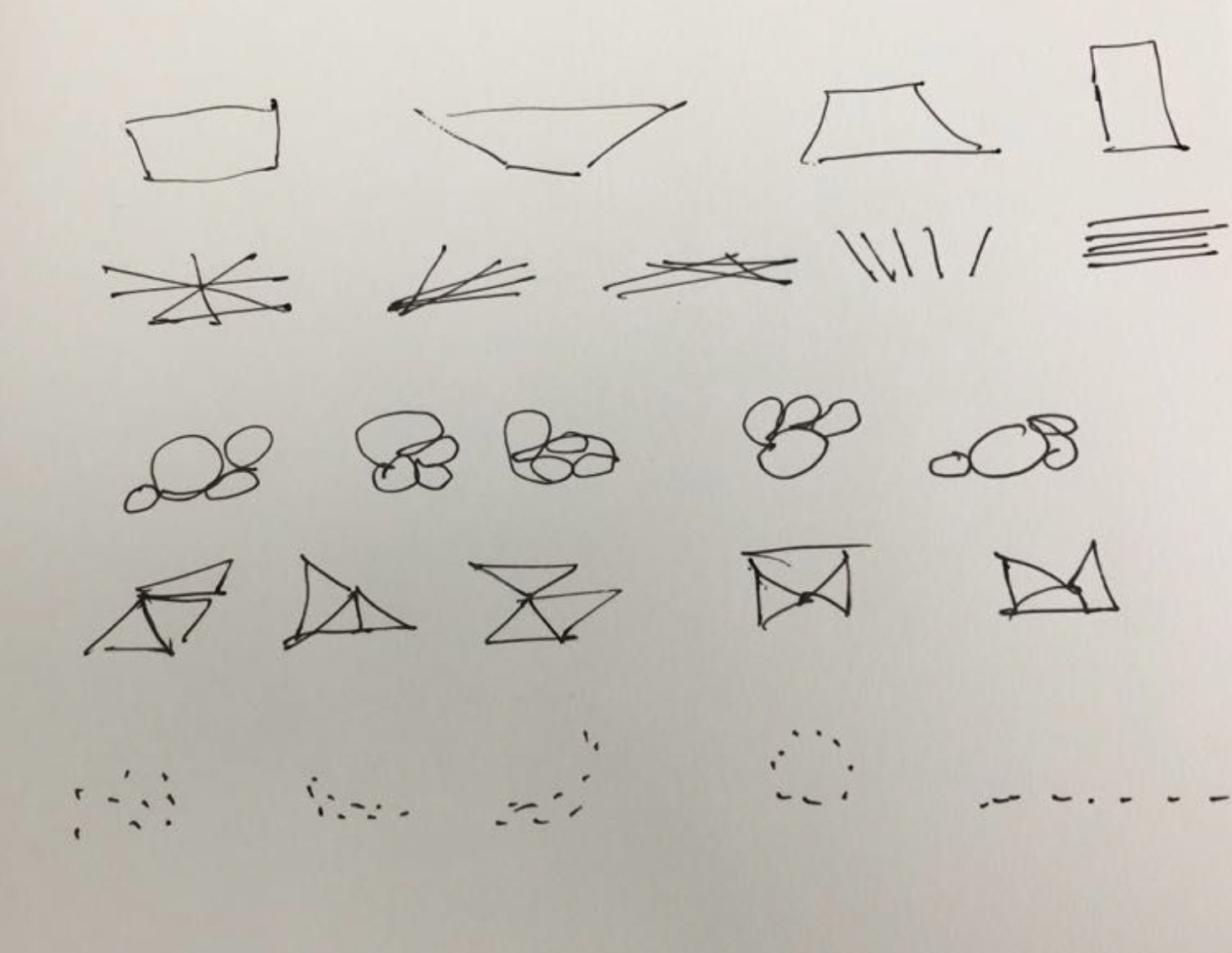


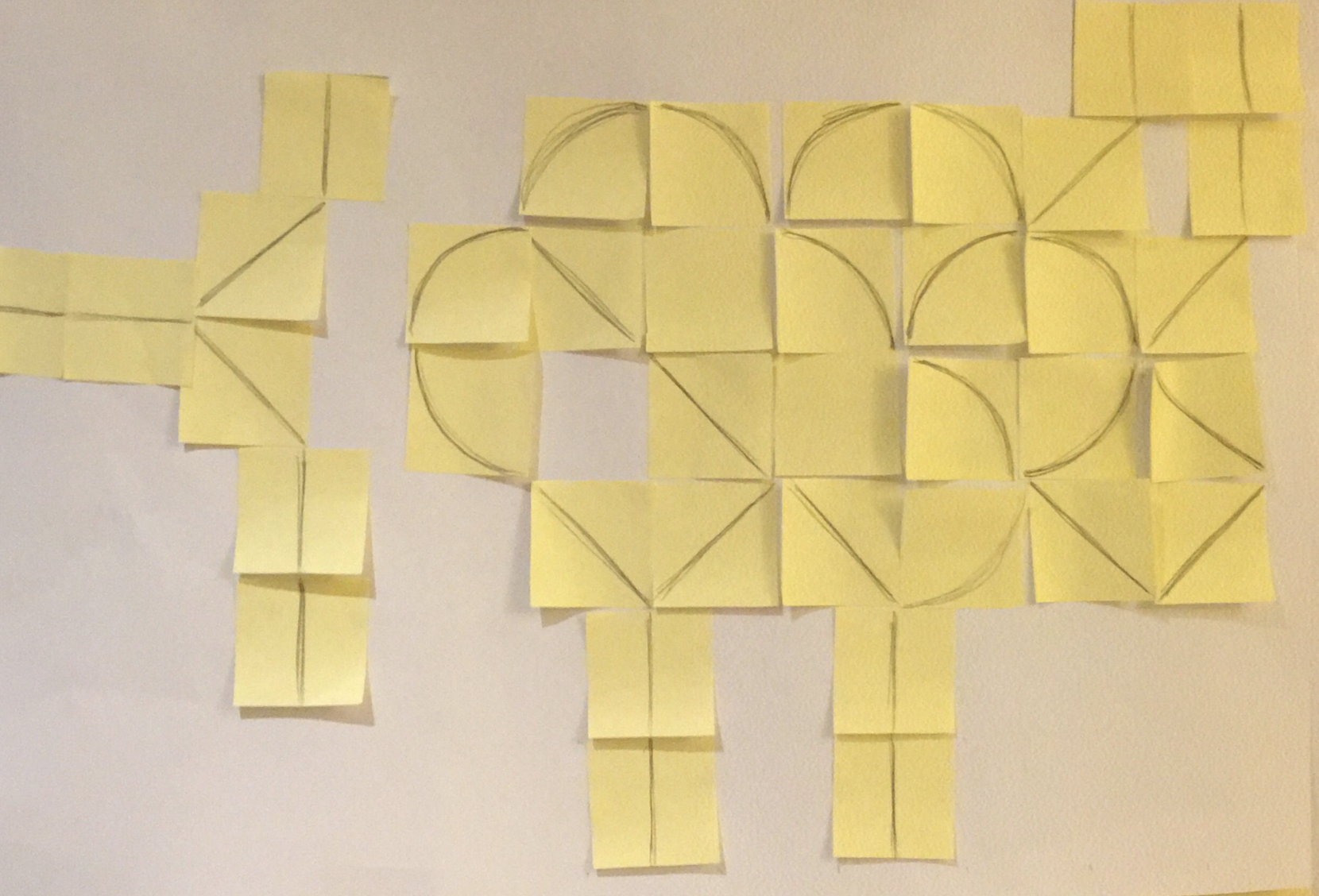
Creative materials development.

